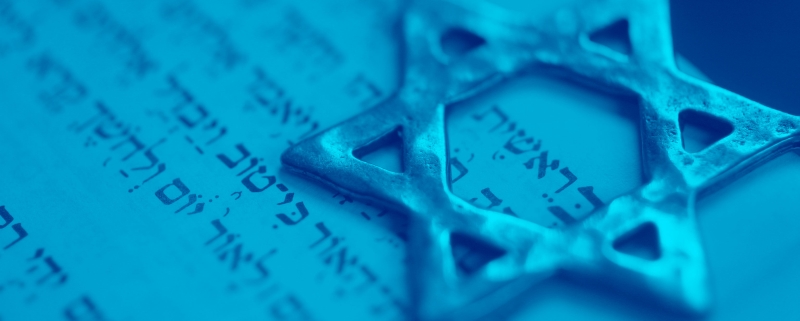Position of the Reform Jewish Movement
The Reform Movement has been an advocate of the LGBTQ community since 1965, when the Women of Reform Judaism (WRJ) passed a resolution calling for the decriminalization of homosexuality. In 1977, the URJ and the CCAR passed their first resolutions dealing with this issue, calling for human rights for homosexuals. Since then, the URJ, CCAR, WRJ, CSA, and NFTY have passed resolutions dealing with issues specific to Reform Judaism, such as inclusion of gays and lesbians in the rabbinate and cantorate, as well as national issues, such as support for marriage equality, elimination of discrimination within the Armed Forces and the Boy Scouts, and support for comprehensive non-discrimination and civil rights legislation. In 2015, the URJ adopted a resolution on the rights of transgender and gender non-conforming individuals, and the Religious Action Center recently released a Trans Inclusion Guide to help congregations better include transgender and gender non-conforming members and their families.
Central Conference of American Rabbis and Same-Gender Officiation
The Reform Movement has long been a proponent of civil unions on the secular, purely legal, level. However, in March 2000, the Central Conference of American Rabbis made history by becoming the first major group of North American clergy, as an organization, to give its support to those in its ranks choosing to perform same-gender ceremonies. The resolution,'Resolution on Same Gender Officiation,' supports the decision of individual rabbis to officiate, or not officiate, at same-gender ceremonies.
The resolution calls for the Reform rabbinate to develop sample ceremonies, or liturgy, for those rabbis who choose to officiate at same-gender ceremonies. While it leaves the choice of officiation up to the individual rabbis, the resolution states that a relationship between two people of the same gender can serve as the foundation of stable Jewish families and is worthy of affirmation through appropriate Jewish ritual. The resolution does not suggest that these ceremonies are "marriages"; each individual rabbi is given the power to decide, within the context of faith, what each ceremony represents.
Resolutions
CCAR
Resolution on Rights of Homosexuals (1977)
Resolution On Convening in States Denying Legal Protection of Civil Rights for Gays and Lesbians (1993)
Resolution on Gay and Lesbian Marriage (1996)
Resolution in Support of Marriage Ruling; Opposes Efforts to Undermine Equality for Same-Sex Couples (2004)
Resolution on the Rights of Transgender and Gender Non-Conforming People (2015)
Resolution on Gay and Lesbian Jews (1989)
Resolution on Recognition for Lesbian and Gay Partnerships (1993)
Resolution Promoting Equal Employment and Leadership Opportunities for Lesbians and Gays in the Reform Movement (1995)
Resolution on Civil Marriage for Gay and Lesbian Jewish Couples (1997)
Explore Jewish Life and Get Inspired
Subscribe for Emails
